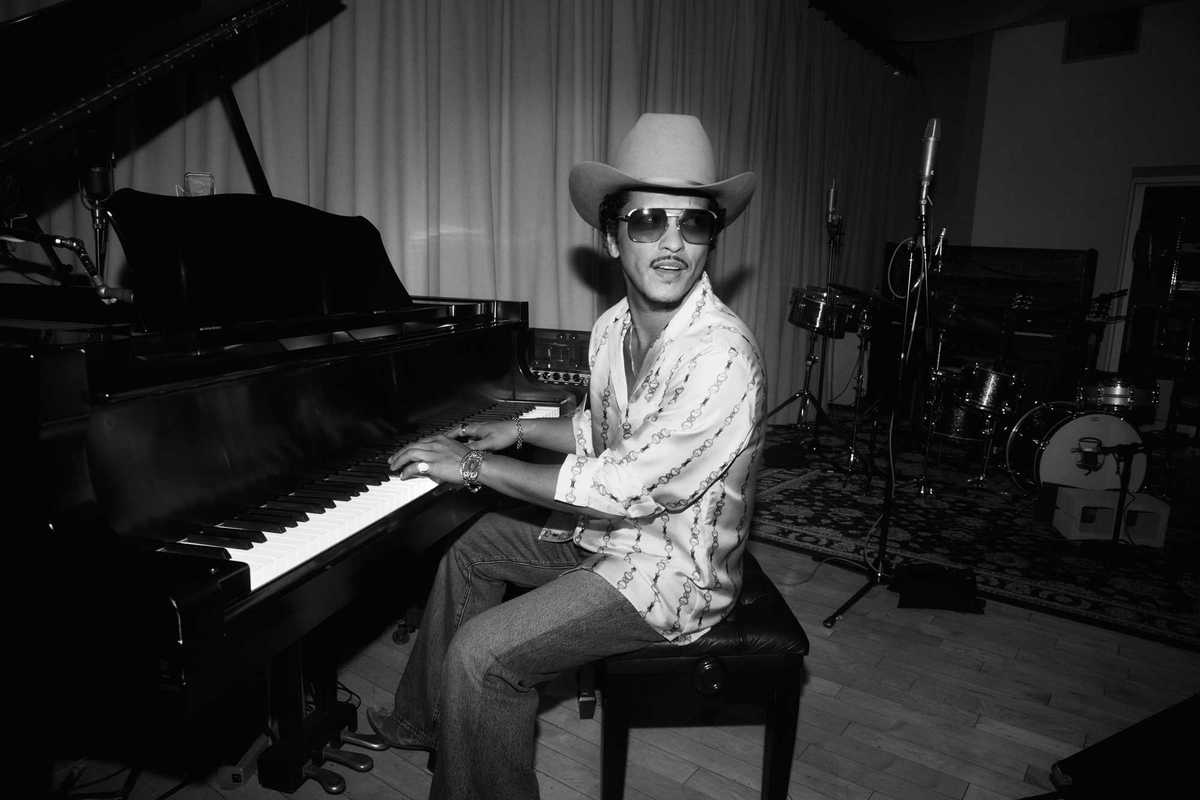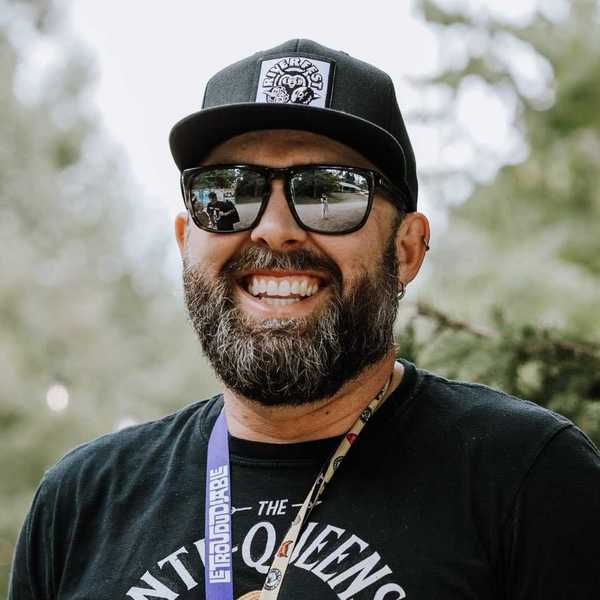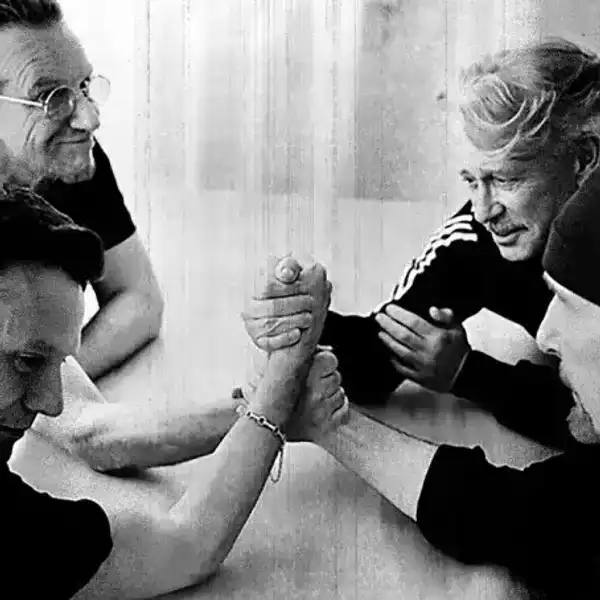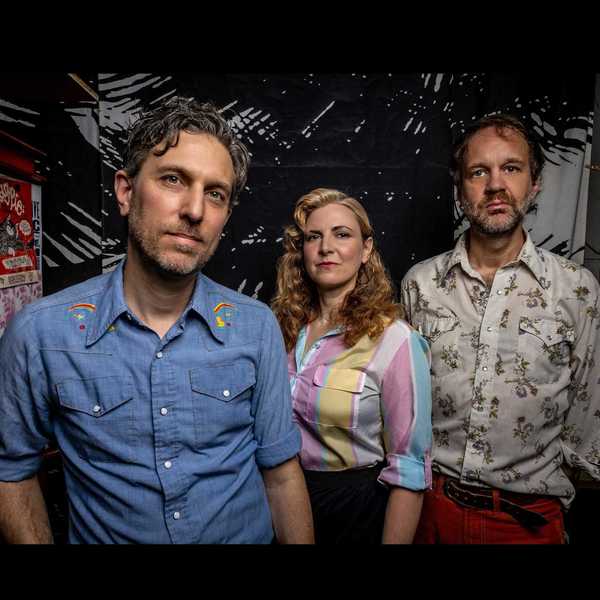Gil Moore Mourns The Loss Of Fellow Drummer Neil Peart
For a period in time drummers Neil Peart and Gil Moore in their respectively celebrated Canadian power-rock trios, Rush and Triumph, went toe-to-toe on concert stages across North America.

By External Source
For a period in time drummers Neil Peart and Gil Moore in their respectively celebrated Canadian power-rock trios, Rush and Triumph, went toe-to-toe on concert stages across North America. When Triumph disbanded, Gil went on to create Metalworks Studios in Mississauga that at various times has been home to clients as diverse as Drake, David Bowie and Rush. In the following feature, Gil writes from a fellow drummer and Canadian musician’s perspective about the man he held in high esteem and forever will count as a kindred soul.
Neil Peart set the bar so incredibly high as a drummer’s drummer and it would be easy for anyone to forget his greatest attributes of all; his humility, his sense of humanity, and his ethos of goodwill to all. Neil radiated those qualities and, although we were not close friends, I won’t forget the way his face lit up, and his generosity of spirit, the various times when we crossed paths.
In speaking to him at Metalworks, we discussed our mutual fascination with all things Buddy Rich, drum stuff, and the state of the world in general. As intensely private as he was, he was also an affable conversationalist, and very warm and funny. As an intellectual by nature, his shyness made him genuine and authentic, and his humility was a great example for any of us in the music business.
Like many others mourning Neil’s passing, today I find myself reflecting on the first few times I first heard him playing drums as a young man. Perhaps it’s analogous to seeing Wayne Gretsky playing junior hockey; you could see the huge potential, but the enormity of what lay ahead could not be imagined. Every time I heard Neil play subsequently, he got better, and better, and better, until he was just off-the-charts.
I believe that an incredible work ethic and dedication to musicianship are what made him truly great. Anyone following Rush could see the whole group were of the same mindset, and that’s what made them all such phenomenal musicians, and why their signature sound is so unique.
I loved listening to Neil’s playing, as did many, many drummers I know. There was always something new, something brilliant. Behind his ever-expanding mega-kit on stage,
Neil’s presence was really something to behold, and even though he’s tall, his tour kit of the day was a larger-than-life dazzler, and always dwarfed him. His various tour drums were nothing short of works of art, the most beautifully adorned kits I have ever seen. That his attention to every detail extended that far made me realize how intensely he was tethered to his craft. His tuning was specific and unusual. The way he tensioned his kit produced a higher than typical pitch tonality, that suited his tour de force playing style, and formed the backbone and cadence for Rush’s music.
Neil was able to play very complex patterns that locked down a musical structure, almost like a percussive spider web. His flourishes were fast and furious at times, yet the underlying rhythms were never compromised. There was never, ever a dull moment in his technique, and each time he unleashed his category 5 drum-hurricane, it was always a force of nature that I thought was, in a word - THRILLING!!!
There were various schools of thought about rock drum styles in the early days. I think Al Jackson, Ringo, Levon and John Bonham were influencers of one “school.” Playing grooves on the back side of the beat for the most part.
Neil adopted the intense drummer take all style we first heard from drummers like Mitch Mitchell, Keith Moon, and Ginger Baker. They influenced many young drummers in the ’70s, but I think Neil took this genre to a whole new level and became the greatest practitioner of all. I think the historical significance of his contribution to the craft will grow as years go by, and young drummers will be influenced for many years to come. It’s very hard for me to put this all in perspective, but I expect history will take care of that.
In my book, Neil’s personal conduct, spirituality and kindness-to-all have provided a shining model for all young musicians to aspire to, on or off the stage. When considered against the backdrop of his immense musical talent, this inspiration may be his greatest legacy.

















